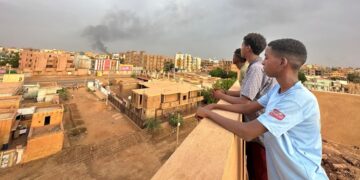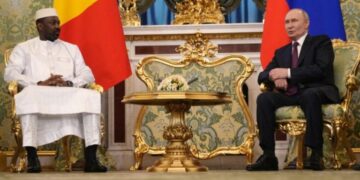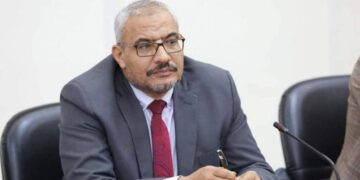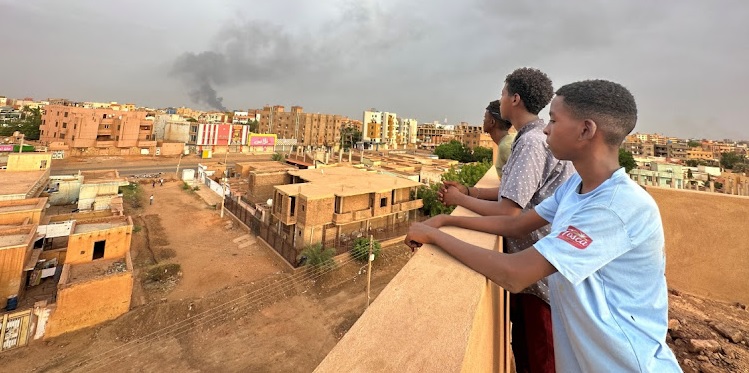By John Ikani
The United States, on Thursday, imposed sanctions on two companies and an individual, alleging their involvement in worsening the instability in Sudan amidst ongoing conflict that has resulted in the loss of lives and displacement of numerous civilians.
The move marks another series of sanctions implemented by Washington in response to the armed conflict between the Sudanese army and the paramilitary Rapid Support Forces (RSF).
The conflict originally stemmed from disagreements over political transition plans and the integration of the RSF into the army, four years after the ousting of long-time ruler Omar al-Bashir during a popular uprising.
Brian Nelson, the Treasury Department’s Under Secretary for Terrorism and Financial Intelligence, remarked, “Today’s action holds accountable those who have undercut efforts to find a peaceful, democratic solution in Sudan. We will continue to target actors perpetuating this conflict for personal gain.”
The Treasury Department specifically targeted Ali Karti, who served as Sudan’s foreign minister under Bashir and later assumed leadership of the Sudanese Islamic Movement after Bashir’s ouster in 2019.
Karti is a prominent figure among loyalists and veterans of Bashir’s rule who have been manoeuvring to safeguard their interests and have regained influence since the 2021 army and RSF coup.
The Islamists have aligned themselves with the army in its struggle against the RSF, with some, including former intelligence operatives, joining the army’s ranks.
The Treasury Department stated that “(Karti) and other hardline Sudanese Islamists are actively obstructing efforts to reach a ceasefire to end the war between the SAF and RSF and opposing Sudanese civilians and efforts to restore Sudan’s democratic transition.”
The sanctions also extended to GSK Advance Company, a Sudan-based entity, which the Treasury claimed served as a procurement conduit for the RSF.
GSK cooperated with the Russia-based military supply company Aviatrade, also subjected to sanctions on Thursday. Their collaboration involved the acquisition of parts, supplies, and training for drones previously procured by the RSF.
The RSF has maintained close foreign ties with the United Arab Emirates and Russia. Mostafa Mohamed Ibrahim, an advisor to the RSF, stated that the force had no connection with the two sanctioned companies.
Karti’s Sudanese Islamic Movement issued a statement asserting its commitment to Sudan’s stability and characterizing the US-imposed sanctions as a “badge of honour.” Karti’s current whereabouts are uncertain, but he was in Sudan when the conflict erupted.
US Secretary of State Antony Blinken revealed that the US had taken steps during the week to impose visa restrictions on individuals believed to be undermining Sudan’s democratic transition. This included Sudanese Islamists, former officials, and those implicated in suppressing human rights and other detrimental actions.
Thursday’s sanctions come after previous measures targeting the RSF’s deputy leader earlier in the month and sanctions imposed by the US in June against companies accused of fueling the conflict.
The sanctions freeze the US assets of the designated entities and generally prohibit Americans from engaging in transactions with them, with potential sanctions for those who violate these restrictions.



































